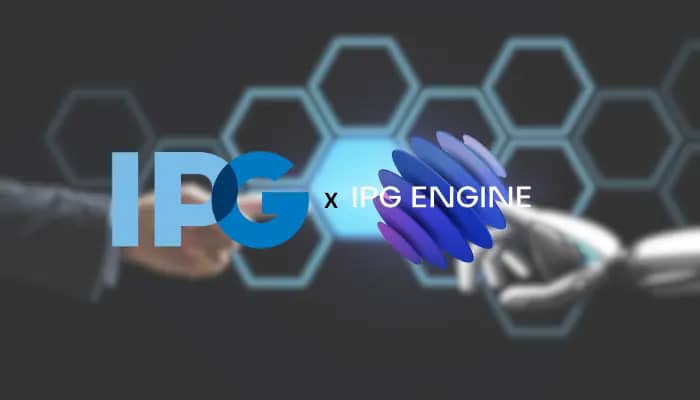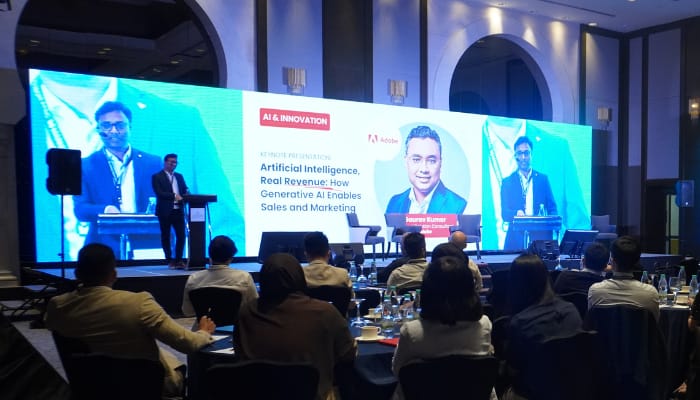Singapore – Interpublic Group (IPG) has announced a global partnership with Adobe to accelerate content creation and activation throughout the corporation’s activities.
As the pioneer in this effort, IPG has incorporated Adobe GenStudio, a tool that enables rapid content ideation, creation, production, and activation through generative AI, into its marketing technology platform.
The engine created by IPG automates the entire customer experience, assisting marketers in discovering better ways to engage, convert, and retain audiences across paid, owned, and earned channels, as well as on an individual basis.
Within the IPG engine, Adobe GenStudio manages the content supply chain by combining Adobe Workfront, Adobe Experience Manager, Adobe Express, Adobe Firefly, Adobe’s creative generative AI models, and Frame.io.
Through the IPG engine, the company employs its proprietary Acxiom data and identification products to gain a thorough understanding of consumers and generate authentic connections with brands. Furthermore, the IPG engine optimises marketers’ investments in marketing technology and media by seamlessly integrating customer knowledge throughout the content interaction landscape.
The IPG engine enhances content, experiences, and commerce on a massive scale by merging partner technologies with its unique data. With different combinations of support for each stage of the content lifecycle creation, curation, assembly, personalization, and measurement—this IPG engine is being deployed throughout the IPG portfolio. This enables all marketing specialties and client teams inside the company to effectively provide brands with outcomes.
Additionally, Adobe and Acxiom are committed to delivering individualised customer experiences based on thorough consumer insights by improving customer value via their data and identity products. This project will move forward more quickly by leveraging Acxiom’s identity and data solutions to improve the core features of Adobe Experience Platform and Adobe Real-Time Customer Data Platform. From AI-driven audience building to identification resolution, this integration will improve a number of areas.
Speaking about the partnership, Philippe Krakowsky, CEO of IPG, said, “Marketers today are looking to accelerate personalised connections with consumers, with an audience and commerce-led approach to every engagement. This new partnership with Adobe takes our capabilities to a new level. We’re deploying a unified operating system across our entire portfolio, fueled by data and audience insights, to craft content strategies that enhance human creativity with ethically sourced gen AI.”
Meanwhile, Anil Chakravarthy, president, digital experience business at Adobe, stated, “Brands are struggling to meet the growing demand for digital content, particularly now that consumers rightly expect experiences to be personalised to their individual tastes and preferences and delivered in real-time. By leveraging Adobe GenStudio, IPG is bringing together comprehensive, best-in-class creative and digital marketing capabilities, fueled by generative AI, with IPG Engine to deliver its clients true content velocity at the speed of social.”
Furthermore, Jayna Kothary, chief solutions officer of IPG, stated, “By harnessing Acxiom’s rich data resources, we’re able to amplify Adobe’s AI tools, enriching customer data profiles and delivering unparalleled insights for enhanced personalization, improved engagement, and superior outcomes. Our operating system transforms the way brands and marketers approach customer experiences, whether it’s for information, entertainment, or shopping. We’re excited to bring this offering to our clients and drive actionable growth for their businesses.”











